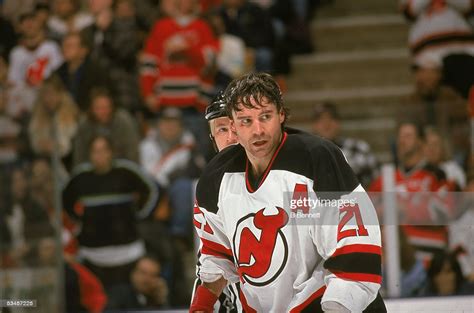A Quote by Robert Kiyosaki
One of the reasons so many people get burned in the market is because they start buying as they see prices going up.
Related Quotes
In a narrow market, when prices are not getting anywhere to speak of but move within a narrow range, there is no sense in trying to anticipate what the next big movement is going to be. The thing to do is to watch the market, read the tape to determine the limits of the get nowhere prices, and make up your mind that you will not take an interest until the prices breaks through the limit in either direction.
The real story in housing will be a recovery in the economy that will drive a recovery in housing, When people are working, when there are more jobs, more households forming and people go back to buying cars, they're going to want their apartments and homes. And that's when you'll start to see a recovery in home prices.
The underlying strategy of the Fed is to tell people, "Do you want your money to lose value in the bank, or do you want to put it in the stock market?" They're trying to push money into the stock market, into hedge funds, to temporarily bid up prices. Then, all of a sudden, the Fed can raise interest rates, let the stock market prices collapse and the people will lose even more in the stock market than they would have by the negative interest rates in the bank. So it's a pro-Wall Street financial engineering gimmick.
There have been times in my adolescence where I gave up. I was like, 'I'm just never going to be pretty. I'm never going to be like one of those people on the front of magazines.' It always seemed really strange to me that the projection of how people are in advertisements looked nothing like the people who were actually buying them. You know what I mean? I never understood that mismatch, and now I really start to see that the people you see in the media are a lot more like people actually are.
When I get hurt in the market, I get the hell out. It doesn't matter at all where the market is trading. I just get out, because I believe that once you're hurt in the market, your decisions are going to be far less objective than they are when you're doing well If you stick around when the market is severely against you, sooner or later they are going to carry you out.
The generally accepted view is that markets are always right -- that is, market prices tend to discount future developments accurately even when it is unclear what those developments are. I start with the opposite view. I believe the market prices are always wrong in the sense that they present a biased view of the future.
If you expect to be a net saver during the next 5 years, should you hope for a higher or lower stock market during that period? Many investors get this one wrong. Even though they are going to be net buyers of stocks for many years to come, they are elated when stock prices rise and depressed when they fall. This reaction makes no sense. Only those who will be sellers of equities in the near future should be happy at seeing stocks rise. Prospective purchasers should much prefer sinking prices.
If girls are ever going to start to be in bands as the norm rather than as the exception. They need to see people up there that have just started playing. That's something that had gotten lost. I think that's why there are so many great girl punk rock bands now. It's like you have to make up your own rules because the old rules don't apply. You just have to start with what you have.
The problem is, to have prices fall would work fine if we didn't have all these built in rigidities on downward prices, because then things don't adjust, and that's how we have recessions and depressions, is prices and costs don't adjust together and they get out of whack, and we end up with dislocations.
Humans are pack animals. In Biblical times, the great market cities in Europe or the United States, people want to be with other people. And in a way, the more that we're isolated, whether we're living on farms and we're only talking to our cell phone, the greater the need we have for group experience. So while people are saying that no one is going to go shopping because it's just inconvenient, and it's not as easy as buying online, why are people going to concerts? Why are people going to museums? Why are they going to sporting events?


































